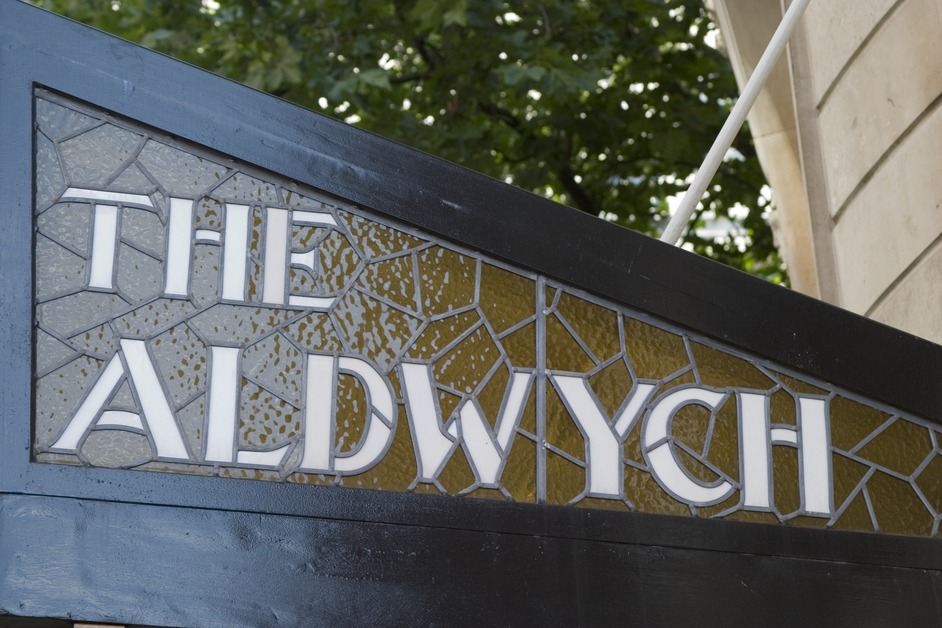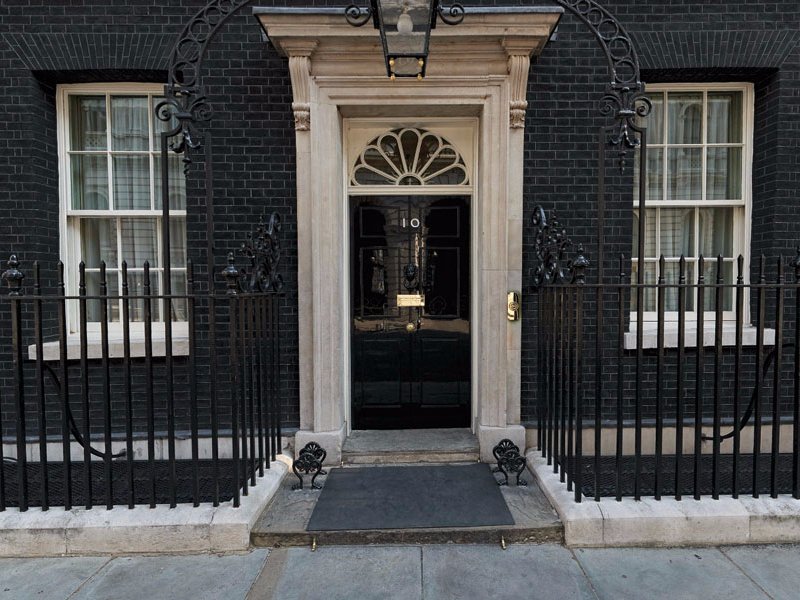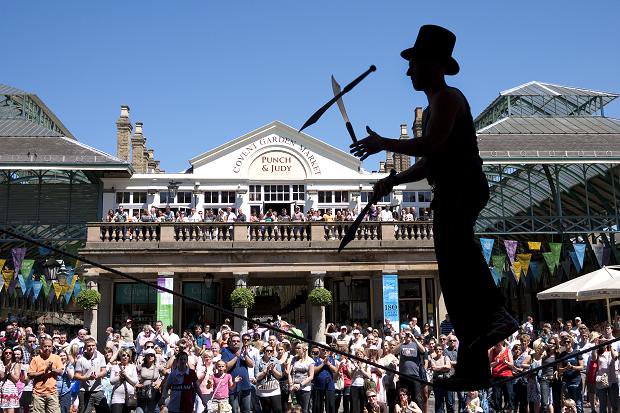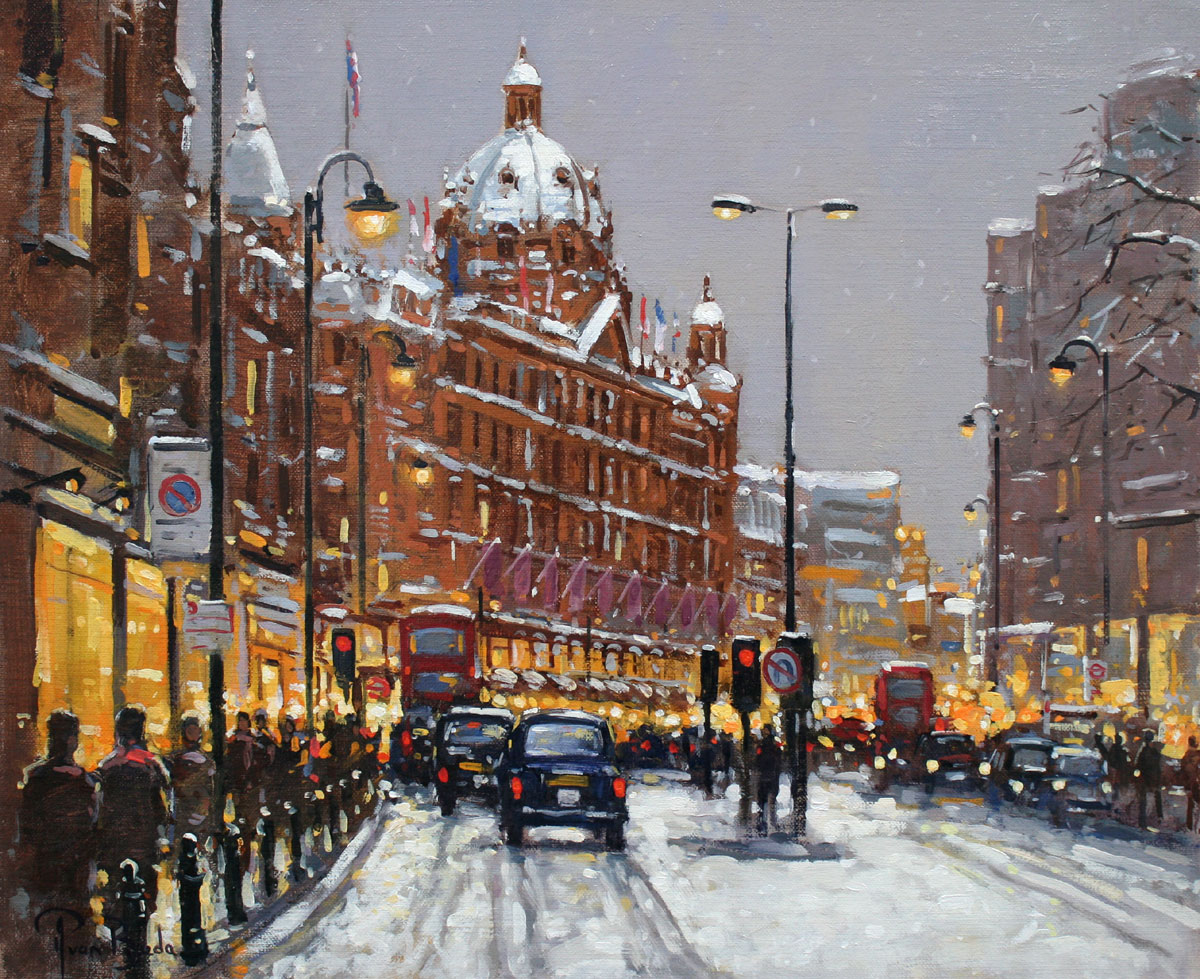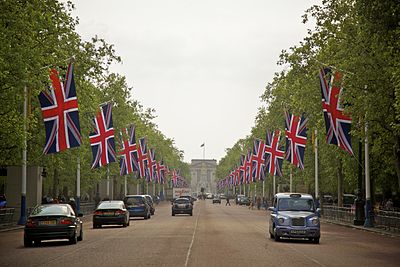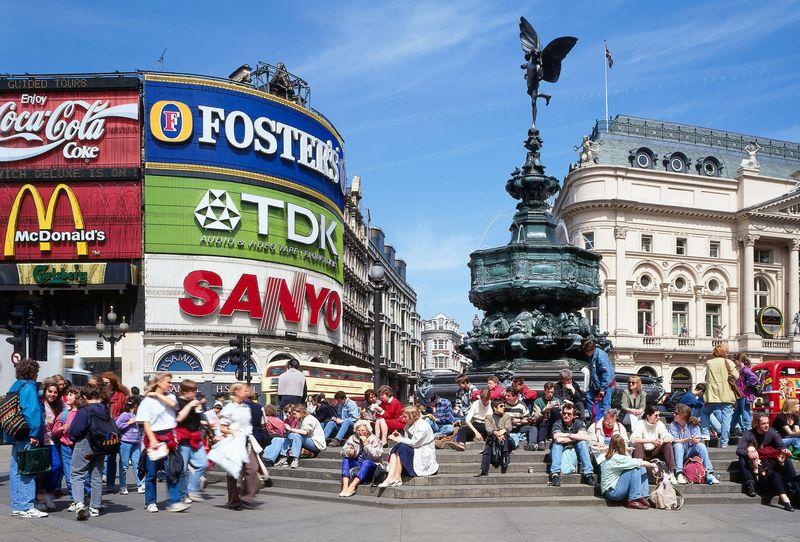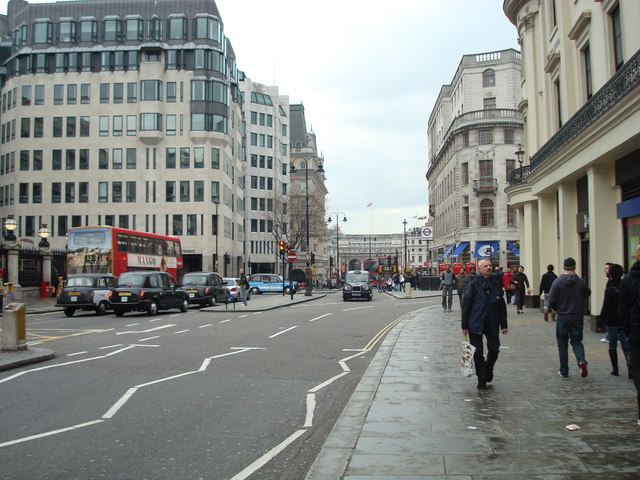
Let's start with the etymology of the word "London".
The earliest account of the etymology of London can be connected with Geoffrey Mounmouth. In his book "The History of the Kings of Britain” the name is described as originating from King Lud, who seized the city and ordered it to be name in his honour. This was then eventually transformed into Karelundein and the London. However Geoffrey’s work contains many fanciful suggestions about the name and place. But it has no basis in linguistics.
William Camden suggested another fanciful theory. He said that the name might come from Brythonic (modern Welsh) which can be translated as "grove” and "town”, translating to "city in the grove”. Then there are some other theories like in 1792 it was thought that the name comes from "valley city”. In 1821 some scientists suggested that it means "moon fortress” or "ship fortress”.
Then we have information dating back to December 27th 1851 that the name means "city of the moon”, because of a reference to the temple of Diana which is thought to have stood in the St Paul’s Cathedral. And the more recent theory is "pool of the Thames”.
Another version appeared in 1887 in Handbook for Travellers. It says, "The etymology of London is the same as that of Lincoln” (Latin Lindum).
Seville Babaeva
 |
London has many strange and unusual names attributed to it's streets, districts and boroughs.
Some place names are elemental, as they originate from certain famous individuals who will never be forgotten, such as Queen Victoria or her husband Albert.
Other names come from prominent historical events such as the famous battles at Waterloo or Trafalgar.
Some names originated from businesses which were prominant in a certain area, such as Sugar Quay or after a certain local landmark such as Park Lane.
Other London placenames have derived from Royal family names ,saints, landed gentry, local benefactors, statesmen or an area's topography.
Many British placenames have certain similarities that denote a particular area or landmark, these are defined by certain placename suffixes, the meanings of which are -
wyc / wich / wick - farm / settlement.
ham - hamlet or village.
ton - town.
don / dun - hill / highground.
bourne/ born - river.
ford - river crossing.
sea / sey - a landing area on water, a pier, quay or berth.
well - site of a well.
ley / lea - situated on the leeward side or sheltered side of an area.
The name preceeding these suffixes, would most probably have been that of a tribal or village elder,manorial baron or pertained to an area's industry.
Most of London's placenames have originated from the Roman, Anglo Saxon or Old English languages, with few native Celtic names still in existence.
Learn more from our Power Point Presentations.